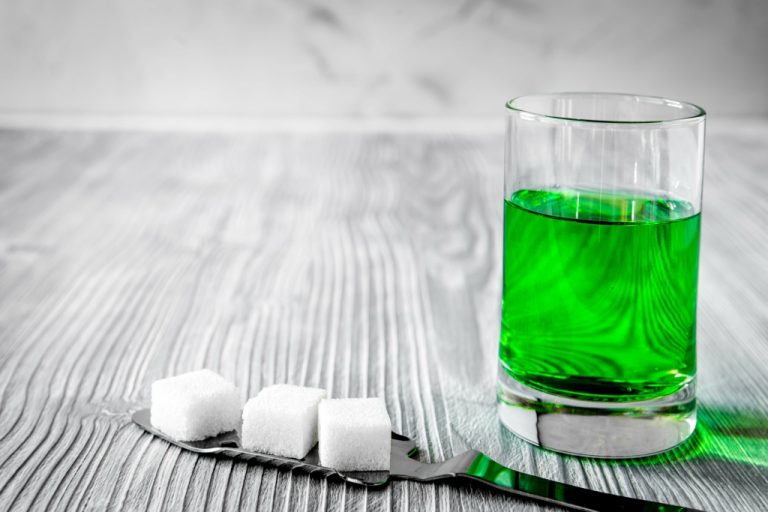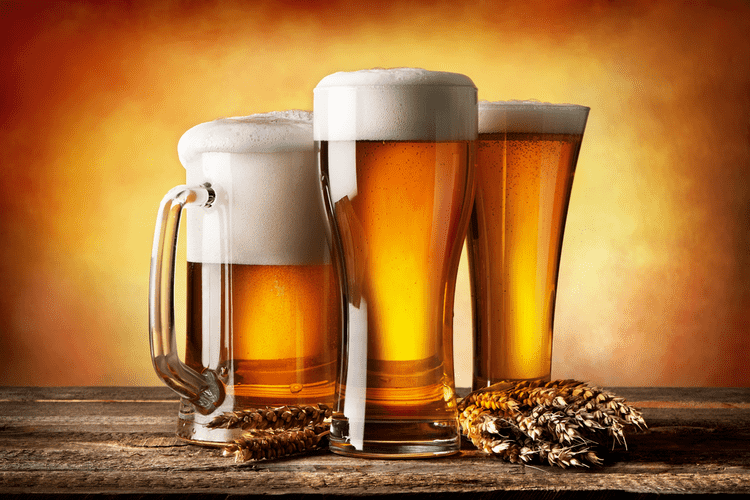The best schedule varies based on how much you drink each day and your overall health. As mentioned above, we strongly recommend speaking with a doctor to ensure your plan is a safe one, and won’t cause dangerous withdrawal symptoms. The main downside of cold turkey is how unpleasant and risky it can be. If you drink heavily, alcohol withdrawal symptoms can be harsh, dangerous, and even fatal. For this reason, it’s generally best to avoid quitting abruptly, or at bare minimum speak with a doctor first and have someone looking out for you. People can partake in some natural remedies and activities to keep their minds occupied and help pass the time as withdrawal symptoms fade.
Alcohol Withdrawal
This condition affects individuals and profoundly impacts their families and society, with social and economic costs. It’s common to have a difficult time when making big changes, but good self-care practices can help you manage overwhelming feelings and take care of your mind and body. Family and friends can provide encouragement and support Top 5 Advantages of Staying in a Sober Living House when you stop drinking. By opening up about your relationship with alcohol, you might also encourage others to explore their own drinking habits. All the same, “a quick drink” often turns into three or four drinks. When you’re having a good time, you find it hard to stop, especially in the company of friends having the same amount.
What helps with shakes from alcohol withdrawal?
This is because when you drink heavily for months or years, your body can start to depend on alcohol to function normally. When you are physically dependent on a substance like alcohol, your body adapts accordingly. An alcohol taper is a way to wean yourself off alcohol and avoid withdrawal symptoms. Although all forms of alcohol cessation should be done with medical guidance, tapering your alcohol intake may allow you to self-wean from drinking at home. Whichever method you choose, what is most important is to commit to your alcohol tapering schedule, so you can be sure that you have avoided the symptoms of alcohol withdrawal as much as possible.
Looking after your mental health

Drinking beer can also help maintain hydration throughout the taper. Quitting alcohol cold turkey is not recommended and can be dangerous. Alcohol is a central nervous system depressant that leads to an increase in brain neurotransmitters that slow down your brain’s functions, such as gamma-aminobutyric acid (GABA). When you drink heavily over a long period, your brain and body adapt to expect this. Reframe supports you in reducing alcohol consumption and enhancing your well-being. Embarking on the path to reduce or eliminate alcohol can sometimes lead to withdrawal symptoms, especially for those who’ve had a long or heavy reliance on alcohol.
What To Do After You Finish Tapering Off
- People with moderate to severe alcohol addiction may find an alcohol taper difficult to accomplish.
- Policies that make alcohol less accessible, available, and affordable are effective for reducing drinking to impairment and can also help to prevent alcohol-impaired driving.
- Obviously quitting cold turkey from a 12-beer-a-day habit is going to be more stressful than tapering off slowly.
- If you’ve decided to quit drinking, and tapering seems like the right approach, we’ve got you covered.
- Discover some tips to improve your mental wellbeing, including the five ways to wellbeing.
- A healthcare provider can tailor the tapering schedule to the individual’s needs, considering factors like dependence and overall health.
However, when alcohol makes up part of your typical routine, drinking can become something of an automatic response, especially when you feel stressed or overwhelmed. Turner notes the importance of bringing along a trusted support person when attending events that involve alcohol. It’s often easier to turn down a drink when you don’t have to do it alone. It’s possible to develop a better relationship with alcohol and make more mindful, informed choices about drinking without total sobriety.
- However, it can be challenging to stick with a long-term tapering schedule, so you have to find the right balance for you.
- People with alcohol use disorder can’t stop drinking even when it causes problems, like emotional distress or physical harm to themselves or others.
- You’ll need to stick with gradual reduction every day and not revert to previous levels of consumption, otherwise it won’t work.
- The individual’s support system also plays a significant role in monitoring progress and encouraging adherence to the tapering plan.
Physical Symptoms

Tell your close friends and family before you begin your detox, and ask them to support you. Consider creating a visiting schedule so you are never alone during the first week of detox. A supportive friend or family member can help you in many ways during withdrawal. The Reframe app equips you https://edutechinsider.com/top-5-advantages-of-staying-in-a-sober-living-house/ with the knowledge and skills you need to not only survive drinking less, but to thrive while you navigate the journey. Our daily research-backed readings teach you the neuroscience of alcohol, and our in-app Toolkit provides the resources and activities you need to navigate each challenge.